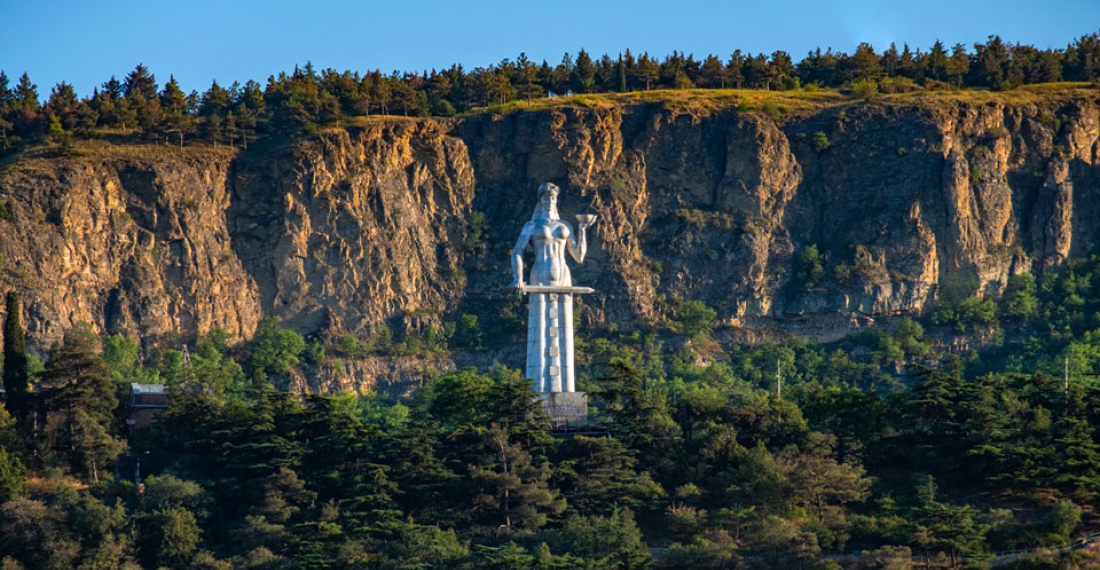The situation in Georgia is currently very critical. As commonspace.eu pointed out in its editorial published on 2nd December time has run out for Bidzina Ivanishvili and his Georgian Dream party. What remains for Ivanishvili and his associates is to agree to an honourable exit after agreeing to new elections, which must be administered by a credible body. However, every day that the Georgian Dream procrastinates, its position weakens. And every statement of its leaders makes things worse.
On Sunday (15 December) one of the opposition leaders, Nika Melia spelled out for the first time what the opposition, or at least part of it, has in mind. According to a statement made by Nika Melia on the news portal IPN.ge, Bidzina Ivanishvili must leave Georgia because his continued presence poses a significant risk to the country. Melia stressed that Ivanishvili's actions are detrimental to the nation's democratic future and that decisive changes are necessary to dismantle what he referred to as a harmful system of governance. He also called for concrete, strategic steps and collective action from Georgian society to bring about these changes
Nika Melia's statement on Bidzina Ivanishvili “underlines the urgent need for Ivanishvili to step away from Georgian politics due to the high risks his continued influence poses to the country's governance and democratic future.” Melia frames Ivanishvili as a ‘usurper’, accusing him of monopolizing power and undermining the foundations of democracy in Georgia. He emphasizes that Ivanishvili's departure is crucial for dismantling a corrupt system that hinders progress.
It is not clear to what extent Melia’s views are shared by other opposition leaders, but this discussion must now take place. The protests in Tbilisi have so far been peaceful. Tragically, the only violence has come out from the government – not only in the form of police brutality – but through the use of vigilante groups whose existence and modus operandi, including their links with the top Georgian Dream leadership need to be investigated and exposed.
The Georgian Dream had everything going for it but it squandered its political capital and its legacy. Ivanishvili tried to manage Georgian politics like a business. He failed to build bridges with opponents and relied on inexperienced people who failed to understand how Georgian politics worked.
Georgia needs to come out of this experience stronger than before. First, there must be the transfer of power. Then there must be credible elections. This needs to be followed by the formation of a government that is broadly based. At the moment everyone is focused on the first objective but it is about time people spell out what their thinking is about the other two. Many Georgians are asking the question of what happens if the Georgian Dream leaves power.
Here one must see a role for Salome Zurabishvili. She has played a pivotal role in keeping everyone on the opposition side together. She has also been the one that has given the opposition international credibility. And she has connected with the Georgian people in a way that many thought was not possible. She now finds herself at the apex of her political career.
In the meantime, today in Brussels the foreign ministers of the EU’s 27 member states will finally outline the “united” position of the EU. Countries like Hungary have already indicated they will veto any resolution that has teeth such as personal sanctions against Georgian Dream leaders. There is therefore a big risk that what comes out of Brussels will be a fudge that will not satisfy the protesters on the streets of Tbilisi. Regardless of Hungarian procrastination the EU must build on the will of the vast majority of the member states and going forward needs to be more vocal and more assertive in its dealings with the Georgian government.






